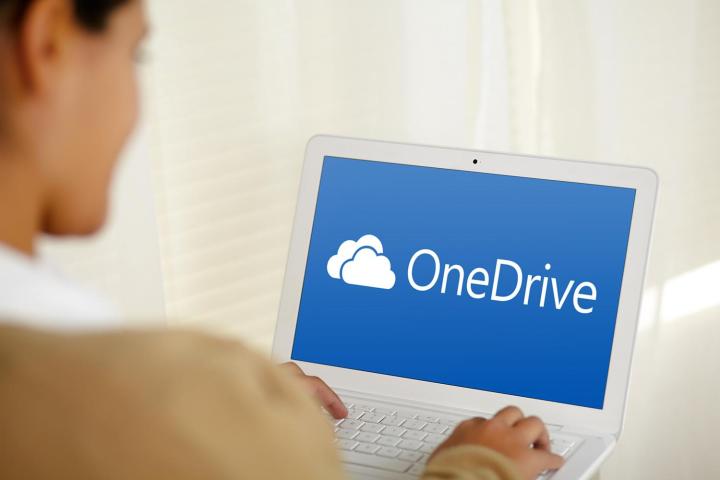
The announcement came from the engineering GM at Microsoft, Gabriel Aul, who said when asked on Twitter that “OneDrive is being integrated directly into Windows rather than as an app.”
While some have bemoaned the idea of the non-app version, suggesting that it could mean that features recently added are dropped in favor of tighter integration – as per WinSuperSite – the idea is presumably to expose more people to OneDrive as a service, perhaps much as Microsoft used to do with Internet Explorer. In the past OneDrive, as a stand-alone application, could prove easy to ignore, and not everything integrated well with it. Even some of Redmond’s own software didn’t use it to its full potential.
There’s some speculation that this move will make OneDrive a requirement, rather than an option. This stems from the fact users will need to sign in with a Microsoft account, which already includes OneDrive. If it is fully integrated, there presumably won’t be a separate setup process for cloud storage – which is how Windows 8.1 installation currently works.
Related: An introduction to OneDrive Windows 10 Technical Preview
Since users of Windows 7 and 8 will receive a free upgrade to the new OS, Microsoft will be encouraged to make up for the monetary shortfall created by such a charitable move by pushing subscriptions to services like OneDrive and Office 365. By default, OneDrive provides 15 free gigabytes; after that, users have to pay.


